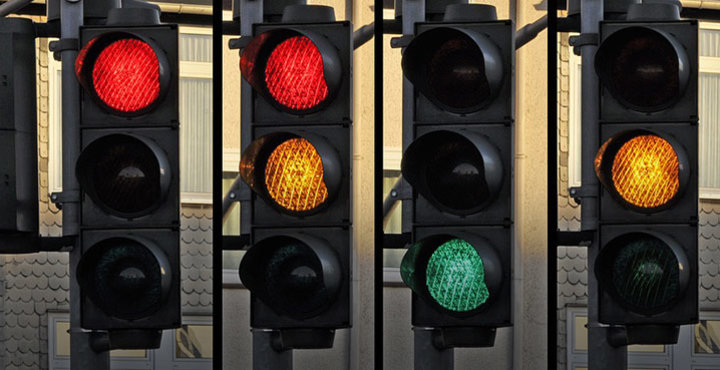Our editors share secrets on how to write an essay
You've created the blueprint for writing an essay: you've outlined the framework, devised a great thesis statement, and located enough textual evidence to support your argument. Perhaps you've even written the introduction and conclusion. What remains to be done, however, is the most difficult aspect of learning how to write an essay. It's time to analyze those facts in an original and intriguing way. This is the part where you're supposed to be brilliant and astound the reader with your great insight. This is also the part where you might experience writer's block.
It's OK—there's no need to panic. We're here to help you overcome your uncertainty and learn how to write an essay. To explore deeper issues in your essay like a champ, simply implement a strategy made famous by Socrates: extensive questioning. Through the use of pointed questions, you will develop better commentary and improve the overall sophistication of your essay writing.
Step one: Lay out the evidence for your essay
Write each fact or quotation at the top of a separate piece of paper. Be sure to include reference information (book title, page number, etc.). Here's an example from Charles Dickens's A Tale of Two Cities where the wealthy Marquis is driving through an impoverished town:
"The village had its one poor street, with its poor brewery, poor tannery, poor tavern, poor stable-yard for relay of post-horses, poor fountain, all usual poor appointments… Expressive signs of what made them poor, were not wanting; the tax for the state, the tax for the church, the tax for the lord, tax local and tax general, were to be paid here and to be paid there" (Bk. 2, ch. 8, pp. 103-104).
Step two: Play detective
Once your evidence is in place, it's the time in the essay writing process to start investigating things. On each of your pages, list as many questions as you can think of pertaining to the words you see. The best questions often begin with Why, How, or What effect. Look for oddities, discrepancies, repetitions, word choices, connotations, logic or the lack thereof, peculiar syntax, imagery, figurative language, and use of detail. What associations come to mind when you read the fact or quotation? What comparisons can you make? At this stage, any question is valid. We came up with the following questions based on the passage above:
- What effect does the repetition of "poor" and "tax" have on the sentence?
- Why does Dickens choose these particular objects, such as "street," "brewery," etc., to describe the town?
- What is the connotation of "usual"?
- What does it mean that there are "usual poor appointments"?
- Why are these signs "expressive"? To whom?
- What's the connotation of "wanting"?
Step three: Become the witness
Mull over potential answers to your questions. Write down every possibility that comes to mind, no matter how irrelevant it seems at the moment. Often, disparate ideas cross-pollinate and breed a unique hybrid. You needn't worry about using complete sentences or correct grammar. Just dump all of your ideas onto the paper. Look at the ideas our editors brainstormed below:
Monotonous; feels like drudgery; the tax-poor connection is unmistakable; the peasants' money is siphoned away; it's debilitating; places mentioned are associated with lower classes, not the lavish upper classes; the lower classes exist to support the nobility; country peasants are ubiquitous; it's a common occurrence; peasants cannot have the luxuries the Marquis takes for granted; only the author notices how this is killing the peasants…
Step four: Bring the best elements together
Sift through the plethora of ideas you have conjured up to find ones that strengthen your essay's overall argument. You'll want to refer back to your thesis at this point to remind yourself exactly what you're trying to prove. Remember that your term paper commentary must match your argument. Discard any sparkling gems that do not serve this purpose. Here's an example from a paper that examines Dickens's opinion of the relationship between nobles and peasants:
The "tax for the state, the tax for the church, the tax for the lord, tax local and tax general" are responsible for the "poor rye," "poor street," "poor brewery," and "all usual poor appointments" of the barren city (Bk. 2, ch. 8, pp. 103–104). Siphoning the peasants' livelihood through a debilitating tax scheme, the aristocracy drains the peasants' goods to support a lavish lifestyle. They pull their nutrients—chateaux, feasts, and silks—from the peasants' blood, leaving a trail of poverty throughout the countryside.
Step five: Repeat
Repeat this process with every piece of evidence you've collected for your term paper assignment. Initially, it will be time-consuming, but we encourage you to persevere. As you practice this method of analysis, it will soon become second nature. You'll examine facts and find insightful clues as you study. Further, your papers, and your appreciation for the text, will improve greatly.
Image source: Ben White/Unsplash.com










